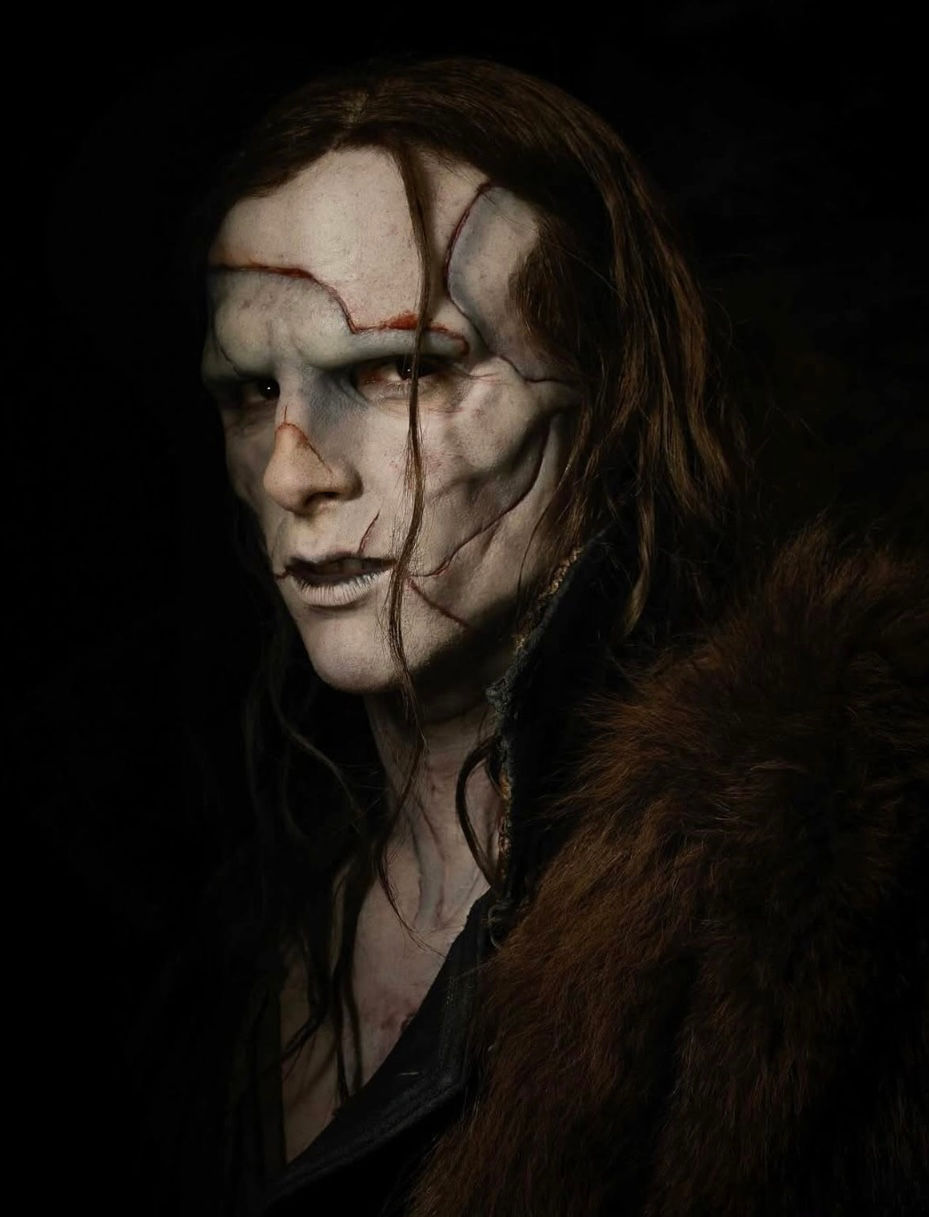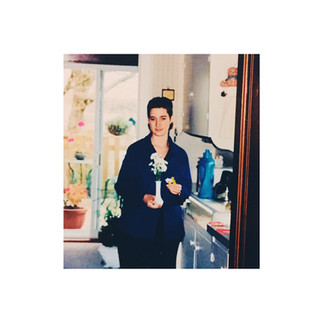- Leigh-Ann
- Nov 10, 2025
- 3 min read
Updated: Nov 12, 2025

I love dark stories.
When my husband and I were dating we’d go over the border to Detroit Michigan and he’d bring me to the biggest rare bookstore in the city. It was called John K King, it was a four floor warehouse of rare and used books. It’s still there, so if ever you’re in Detroit it’s worth the visit.
Over the years we visited a number of times and I built up a small collection of books. Grimms Complete Fairy Tales, Dracula, Edgar Allen Poe’s book of poetry and short stories, several copies of Shakespeare plays, and Frankenstein. I have always favoured dark stories, I think we can relate to them as humans, it’s the reason why they’ve stuck around and have been retold for ages. These stories, especially the ones about monsters have their own unique way of speaking to the challenges of being human, and how we see ourselves.
The story of Frankenstein has been retold several times over. I love that the original Frankenstein story was written by a woman, you can feel it when you read the book, it is not just a gory horror, there is humanity in the monster, and it forces you to relate to him. He longs for human connection. This is true in many monster stories, you end up relating to the monster. I definitely related to the monsters I read about in these books, I have felt like an outsider longing for connection, not knowing what was wrong with me, why I couldn’t be part of what seemed “normal” and easy for everyone. Monster stories with all their gore are also meant to speak to the heart.
Last night I stayed up and watched the latest movie version of Frankenstein, I’ve watched several different versions of Frankenstein on film, as most people have. I liked this version. This films depiction of the monster finding family with the blind old man was beautiful. Frankenstein’s monster wanted to be seen, he wanted connection and to be loved. We all long to be known at our core, and to be fully accepted even when the ugliest parts of us are revealed, the relationship with the old man was a beautiful depiction of the love we all wish to experience, one that is not seen with the eyes but felt with the heart.
It’s moving how the woman who wrote Frankenstein understood humans deep need to be seen and loved at our worst. When at our worst we often have the very human urge to hide ourselves away from the world and bury our ugliness in shame. She captures the internal tug of war between isolating and connecting in response to being hurt by others, especially those we’ve trusted. She also captures the reality of love being found in the darkest of circumstances. Mary Shelley was deeply insightful when depicting rejection and connection, and anger, and suffering. Frankenstein himself is also a relatable character, his need to fully understand death because of his own loss, the reality of failure when trying to control things that are not ours to control. Frankenstein’s monster is a deeply human story, and I don’t doubt it will be told several more times.
I loved this movie adaptation, visually it was stunning. I rarely watch anything twice….but I’ll be watching it again tonight 🙂




























